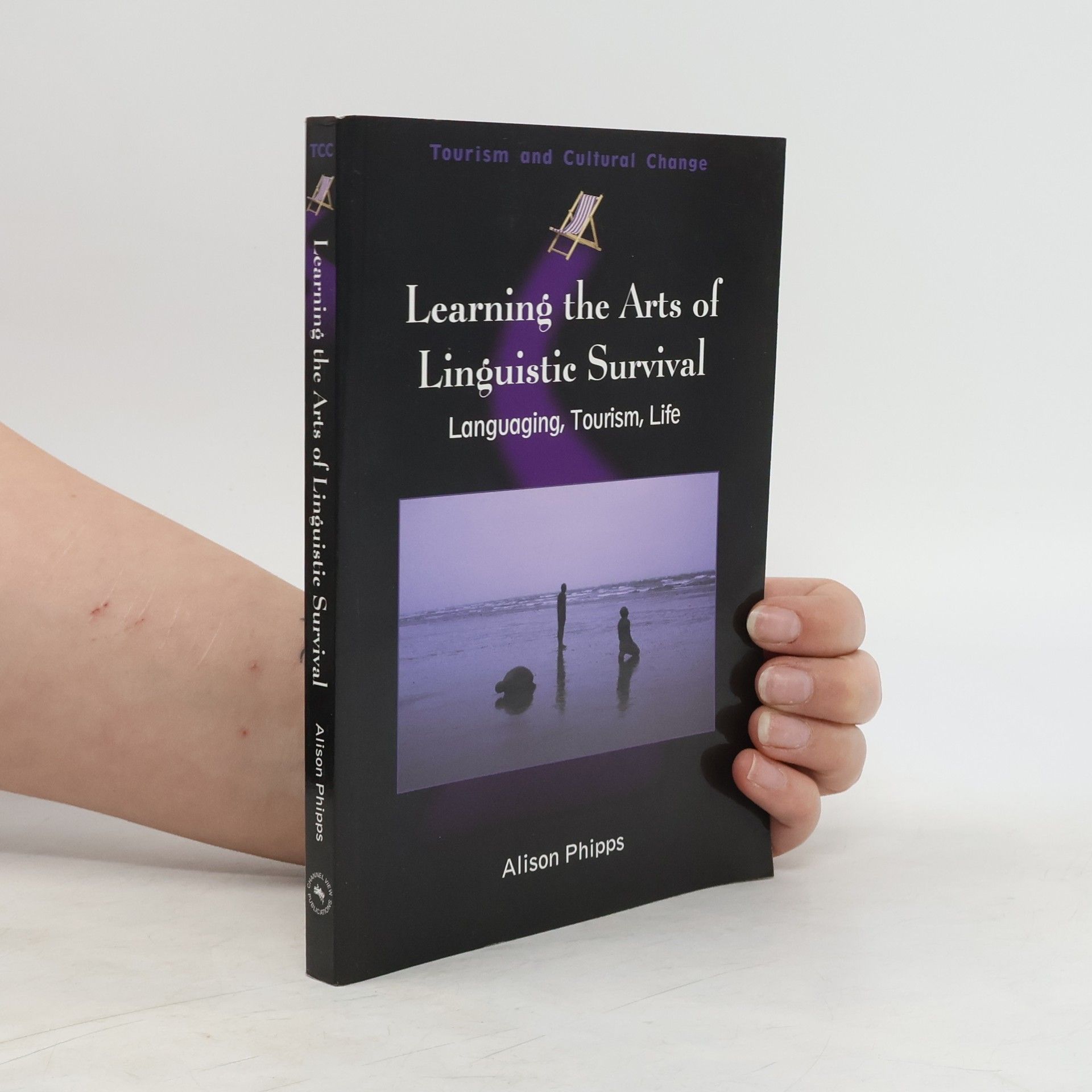Phipps argues that the mainstream movement against sexual violence embodies a political whitenesswhich both reflects its demographics and limits its revolutionary potential. -- .
Alison Phipps Books
This author critically examines feminist movements, focusing on mainstream activism against sexual violence. She investigates whose voices are centered and whose are excluded, exploring how feminism dominated by white women can seek power rather than dismantle oppressive structures. Her work advocates for a more radical and revolutionary approach to feminism, drawing on abolitionist principles. It provides a framework for reflection and the evolution of feminist politics.


Exploring the intersection of tourism and language, the author highlights how learning new languages transforms tourist experiences. Rather than merely acquiring basic skills, this approach fosters deeper intercultural dialogue and understanding. The book challenges traditional perceptions, advocating for a more enriching relationship between travelers and the cultures they engage with, from simple interactions like ordering coffee to navigating new environments.